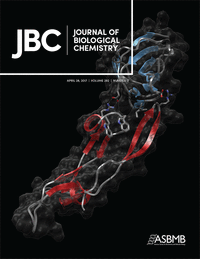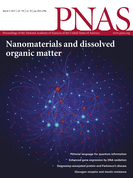 A diabetes journal has issued two notices of concern for papers co-authored by a researcher who took another publisher to court after it did the same thing — but ultimately lost.
A diabetes journal has issued two notices of concern for papers co-authored by a researcher who took another publisher to court after it did the same thing — but ultimately lost.
The notices are for two papers co-authored by Mario Saad — who, after losing his legal battle with the American Diabetes Association, has since accumulated 12 retractions. Both notices — from the journal Diabetologia, published by Springer and the the European Association for the Study of Diabetes (EASD) — say they have alerted Saad to their concerns about some of the images in the papers, and the university where he is based was asked to investigate more than one year ago. Since the journal has not yet received any information from the University of Campinas in Brazil, however, it decided to issue expressions of concern for the two papers.
Here’s the text of the first notice:

 A diabetes researcher who once sued a publisher to prevent several retractions has just issued his 12th.
A diabetes researcher who once sued a publisher to prevent several retractions has just issued his 12th.


 Ask and ye shall receive: A journal has retracted a 2014 paper by Paolo Macchiarini,
Ask and ye shall receive: A journal has retracted a 2014 paper by Paolo Macchiarini,  A scientist who sued his employer for millions of dollars has earned two more retractions, for papers that had already been flagged by the journal.
A scientist who sued his employer for millions of dollars has earned two more retractions, for papers that had already been flagged by the journal. It would seem that resorting to legal means to avoid editorial notices doesn’t always work.
It would seem that resorting to legal means to avoid editorial notices doesn’t always work.